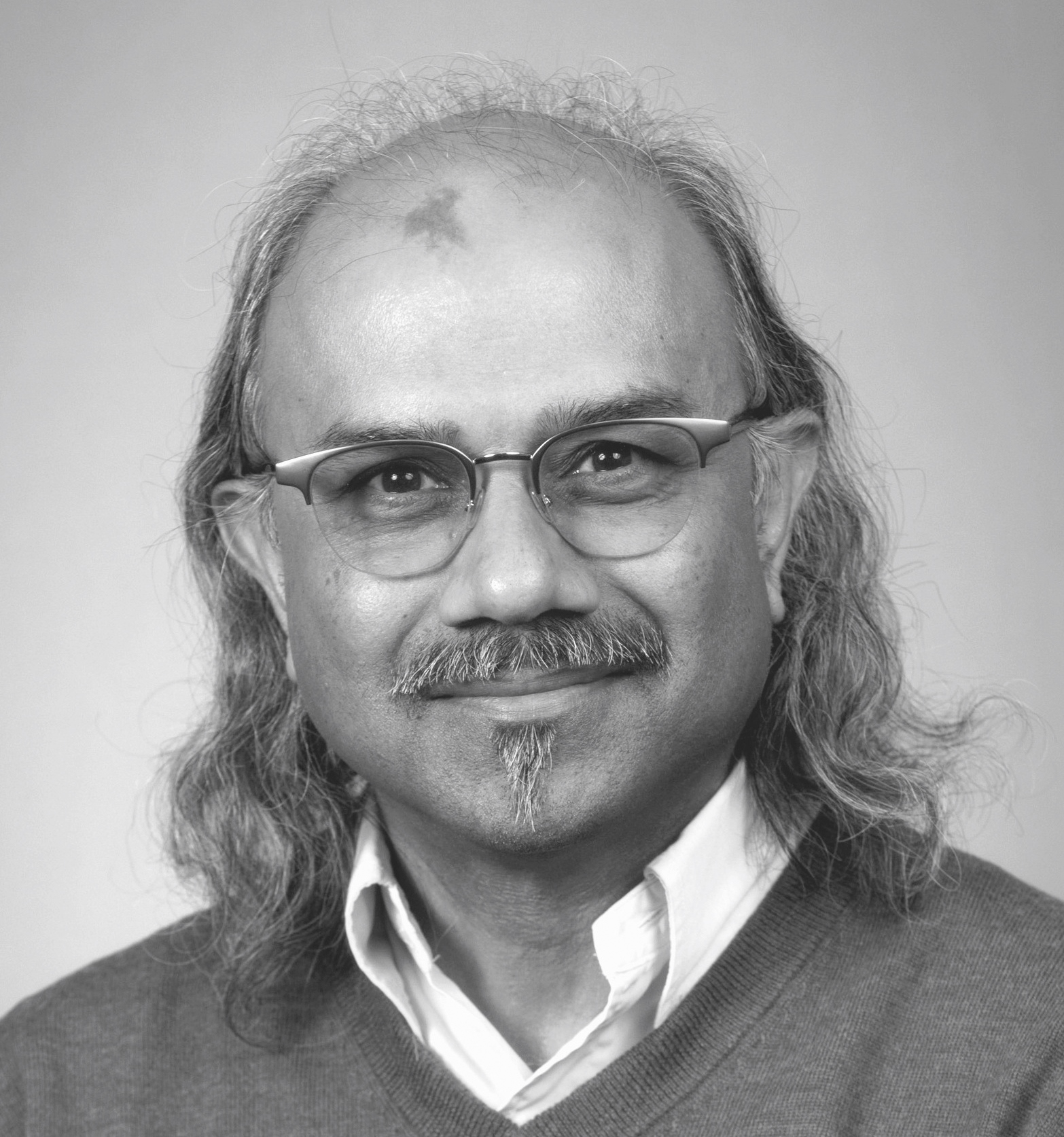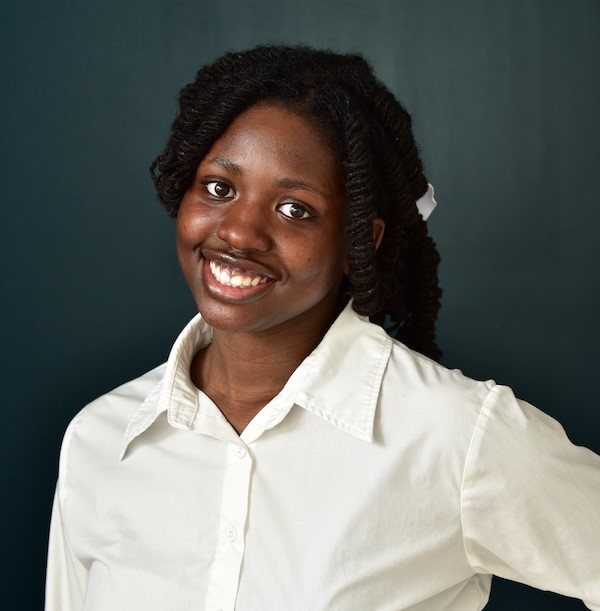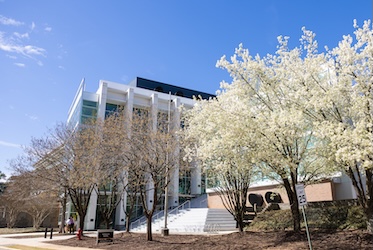
A Bridge into Design
KENNESAW, Ga. | Jul 29, 2019

Summer program introduces incoming students to architectural concepts
Kennesaw State University architecture chair Tony Rizzuto recognizes that transitioning from high school to college is a tall task for incoming students, particularly those who pursue majors with unconventional educational models such as architecture. However, it doesn’t have to be.
In an effort to make the transition seamless, the University’s Department of Architecture each July holds its Summer Design Workshop, a bridge program designed to introduce incoming students to architectural concepts and learning models. Recently, nearly 50 incoming students participated in the 10-day program, the majority of whom stayed in on-campus housing to better acclimate to college life.
“Most people understand that coming to college is an exciting time but also a transitional period in life,” Rizzuto said. “Some students lose their social structure, and requirements are totally different. In architecture, there is added stress because the dominant educational model – studio – is not at all like what they’ve experienced in K-12. With the workshop, we are able to give them a very strong academic foundation as they begin their collegiate careers.”
The Summer Design Workshop is an opportunity to expose incoming students to the tools and concepts they will use during their time in Kennesaw State’s five-year architecture degree program while also familiarizing them with life on campus, he said. Throughout the non-credit, non-graded immersive study, students attend lectures, meet with student organizations and interact one-on-one with faculty during studio sessions. Beyond the architectural focus, students are also taught best practices on notetaking, stress management, learning styles and how to engage college advisors.
For Taylor Naugle, it was an opportunity to expand his technical skills. Though he took drafting classes in high school, he didn’t fully grasp the scope of architecture until the first few days of the workshop. By the fifth day, he and his future classmates were bringing hand-drawn sketches to life by creating three dimensional models under the guidance of faculty members.
“I primarily wanted to join the workshop to get a taste of college, and I already feel like I’ve grown tremendously,” said Naugle, of Peachtree City, Ga. “I never realized how much detail goes into design work, but now I feel more confident in my ability heading into the fall semester.”
Given his drafting experience prior to the workshop, Naugle is a bit of an outlier among students in the workshop. Pegah Zamani, associate professor of architecture, estimates that nearly 90 percent of the students who took part in her studio sessions were learning architectural terms and concepts for the first time.
“We open the workshop by introducing fundamental design thinking, techniques and tools,” she said. “The sequence of exercises progresses from learning basic design skills to understanding the complex interrelationships of space, body and environment. Pedagogically, the workshop offers a glimpse into the rigors of an architectural design studio, and what students will experience throughout the next five years.”
Zamani said it is fascinating to see how students advance their creative potential, skills and mindsets in such a short period of time. The experience is such that several students from higher years return to mentor the incoming students.
Now a fifth-year student in the program, Devon Sams added that his participation in the architecture workshop allowed him to forge lifelong friendships.
“It was one thing to experience new things, but the beauty of this program is that you get to experience all of it with your peers,” he said. “You are constantly encouraged to collaborate with and critique each other, and now I can’t imagine not having the ability to bounce ideas off my friends. It’s awesome to see pictures from the workshop and reflect on your journey with those great individuals.”
Related Posts

Saif Haq has been named chair of the Kennesaw State University Department of Architecture

Kennesaw State student integrates artificial intelligence into architectural design education

Kennesaw State, Norwegian University of Science and Technology collaboration aims to enhance architecture and sustainability technologies

Kennesaw State alumna building a legacy of opportunity for construction management and engineering students














